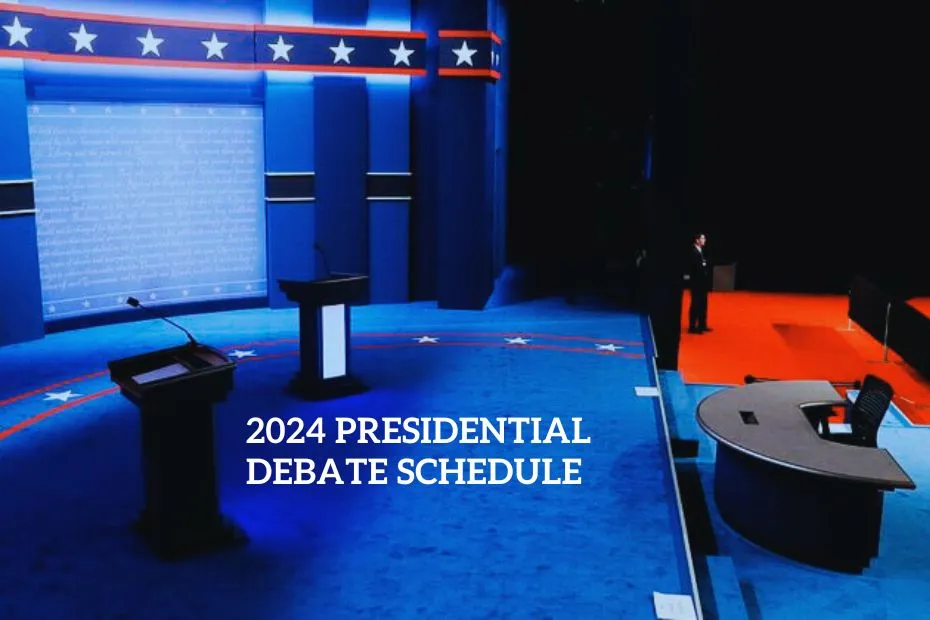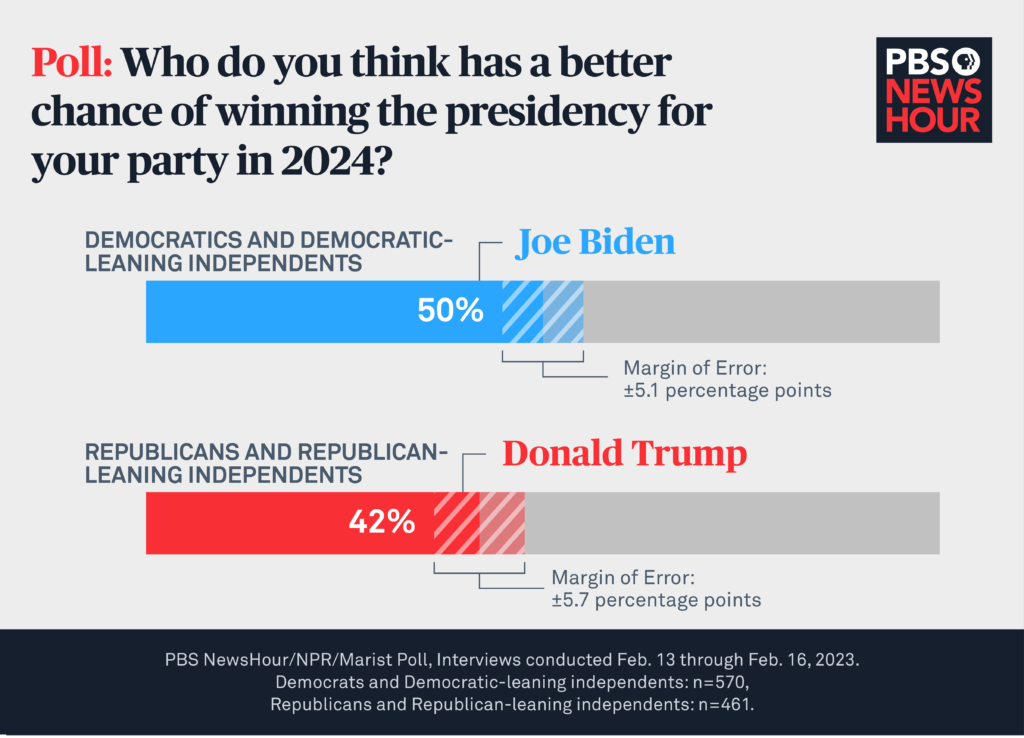Historical Context of Presidential Debates

Presidential debates have become a cornerstone of American elections, offering voters a platform to directly compare the candidates’ positions and personalities. However, the evolution of these debates has been a long and fascinating journey, marked by significant changes in format, rules, and impact.
The Early Years
The first televised presidential debate took place on September 26, 1960, between John F. Kennedy and Richard Nixon. This event marked a pivotal moment in political history, as it allowed voters to see the candidates face-to-face and assess their demeanor and communication skills. While the debate itself was a landmark event, it was the aftermath that truly demonstrated its impact. Kennedy, who appeared more relaxed and confident on camera, was widely perceived as the winner, and some analysts believe this contributed to his narrow victory in the election.
The Rise and Fall of Commission-Organized Debates
Following the 1960 debate, the League of Women Voters, a non-partisan organization, took the lead in organizing and hosting presidential debates. They established a set of rules and guidelines to ensure fairness and impartiality. However, in 1988, the League withdrew from organizing the debates due to disagreements with the campaigns over the rules and format. This led to a period of uncertainty and instability in the debate process.
The Emergence of the Commission on Presidential Debates
In 1987, the Commission on Presidential Debates (CPD) was established to oversee and organize presidential debates. The CPD is a bipartisan organization comprised of representatives from both major political parties. The CPD’s mission is to ensure that the debates are fair, informative, and accessible to the public.
Evolution of Debate Formats and Rules, Presidential debate dates
Over the years, presidential debates have undergone significant changes in format and rules. Here are some key examples:
- Town Hall Format: Introduced in 1992, the town hall format allows voters to ask questions directly to the candidates. This format is designed to engage the audience and provide a more informal setting for the candidates to interact with voters.
- Moderation: The role of the moderator has evolved over time. Early debates often featured a single moderator who posed questions to the candidates. More recent debates have often included a panel of moderators or a rotating moderator system.
- Time Limits: Time limits for candidate responses and opening statements have been implemented to ensure that the debates remain focused and concise. These time limits have been adjusted over the years to reflect changes in the length and format of the debates.
- Fact-Checking: The issue of fact-checking during debates has become increasingly prominent. While some organizations have attempted to provide real-time fact-checking during debates, others have argued that this undermines the integrity of the debate process.
Importance of Debate Dates: Presidential Debate Dates

The timing of presidential debates significantly impacts campaign strategies, media coverage, and public attention. Debate dates influence how candidates allocate resources, shape their messaging, and manage voter expectations. The strategic implications of debate timing are multifaceted, shaping the dynamics of the campaign in ways that can make or break a candidate’s chances.
Impact on Campaign Strategies
The debate schedule influences how campaigns allocate resources and prioritize their messaging. Early debates provide an opportunity for lesser-known candidates to gain visibility and momentum. They can use these early opportunities to introduce themselves to voters, highlight their key issues, and establish their credibility. In contrast, front-runners often use early debates to solidify their position and set the tone for the campaign.
- Resource Allocation: Campaigns allocate resources based on the perceived importance of each debate. Early debates, especially those with large audiences, attract significant investments in preparation, travel, and media outreach.
- Messaging: Candidates tailor their messaging to the specific context of each debate. Early debates often focus on introducing core campaign themes and establishing a distinct identity. Later debates may shift towards attacking opponents, defending their record, and appealing to specific voter segments.
Influence on Media Coverage and Public Attention
Debate dates influence media coverage and public attention, which in turn shape voter perceptions. Debates generate substantial media attention, with networks dedicating significant airtime and resources to coverage. The timing of debates influences the narrative surrounding the campaign and can create opportunities for candidates to capitalize on favorable news cycles.
- News Cycle Dominance: Debates dominate the news cycle, pushing other campaign events and issues to the background. Candidates aim to leverage this media attention to their advantage, often using debates as a platform to launch new initiatives or respond to criticism.
- Public Attention: Debates are major events that capture the attention of the public. They offer opportunities for candidates to connect with voters on a personal level, address key concerns, and showcase their leadership qualities. The timing of debates can impact the level of public engagement and the lasting impact of the debate performance.
Early vs. Late Debates
The impact of early vs. late debates on voter perceptions is significant. Early debates are crucial for establishing a candidate’s image and gaining momentum. Candidates who perform well in early debates can gain a significant advantage in the polls and attract more support. Late debates, on the other hand, offer an opportunity for candidates to solidify their message, address emerging issues, and reinforce their core arguments.
- Early Debates: Early debates are particularly important for lesser-known candidates who need to introduce themselves to voters and establish their credibility. Strong performances in early debates can generate media buzz, attract endorsements, and boost fundraising efforts.
- Late Debates: Late debates provide an opportunity for candidates to address specific issues, respond to criticism, and reinforce their core arguments. These debates can be particularly important for candidates who are trailing in the polls or facing a strong opponent.
Impact of Debates on Election Outcomes

Presidential debates have become a crucial component of modern American elections, often influencing voter sentiment and shaping the public’s perception of candidates. While the impact of debates on election outcomes is complex and multifaceted, there is a substantial body of research that explores the potential effects of these televised events.
Historical Correlation Between Debate Performance and Election Results
The relationship between debate performance and election results has been a subject of ongoing debate among political scientists and analysts. Some studies have found a correlation between strong debate performances and increased electoral success, suggesting that debates can significantly influence voter choices. For instance, the 1960 Nixon-Kennedy debates, widely considered a turning point in the history of presidential debates, are often cited as an example of how a candidate’s performance can sway voters. Although Nixon was generally perceived as having superior policy knowledge, Kennedy’s more confident and charismatic demeanor during the televised debates resonated with viewers, potentially contributing to his narrow victory.
The presidential debate dates are a crucial part of the electoral process, offering voters a chance to directly compare candidates’ positions on key issues. These events often draw comparisons to the more informal, and sometimes contentious, trump press conferences , which frequently feature a mix of policy pronouncements and unscripted moments.
While the debate format is more structured, the stakes are equally high, as the candidates strive to persuade a national audience.
While the nation awaits the dates for the upcoming presidential debates, a different kind of “debate” is brewing in the world of miniature living. Polly Pockets Airbnb , a whimsical concept offering tiny homes inspired by the iconic toy, is raising questions about the future of travel and the appeal of compact living.
Of course, the presidential debates will undoubtedly focus on larger issues, but this quirky trend highlights how even the smallest spaces can spark big conversations.
